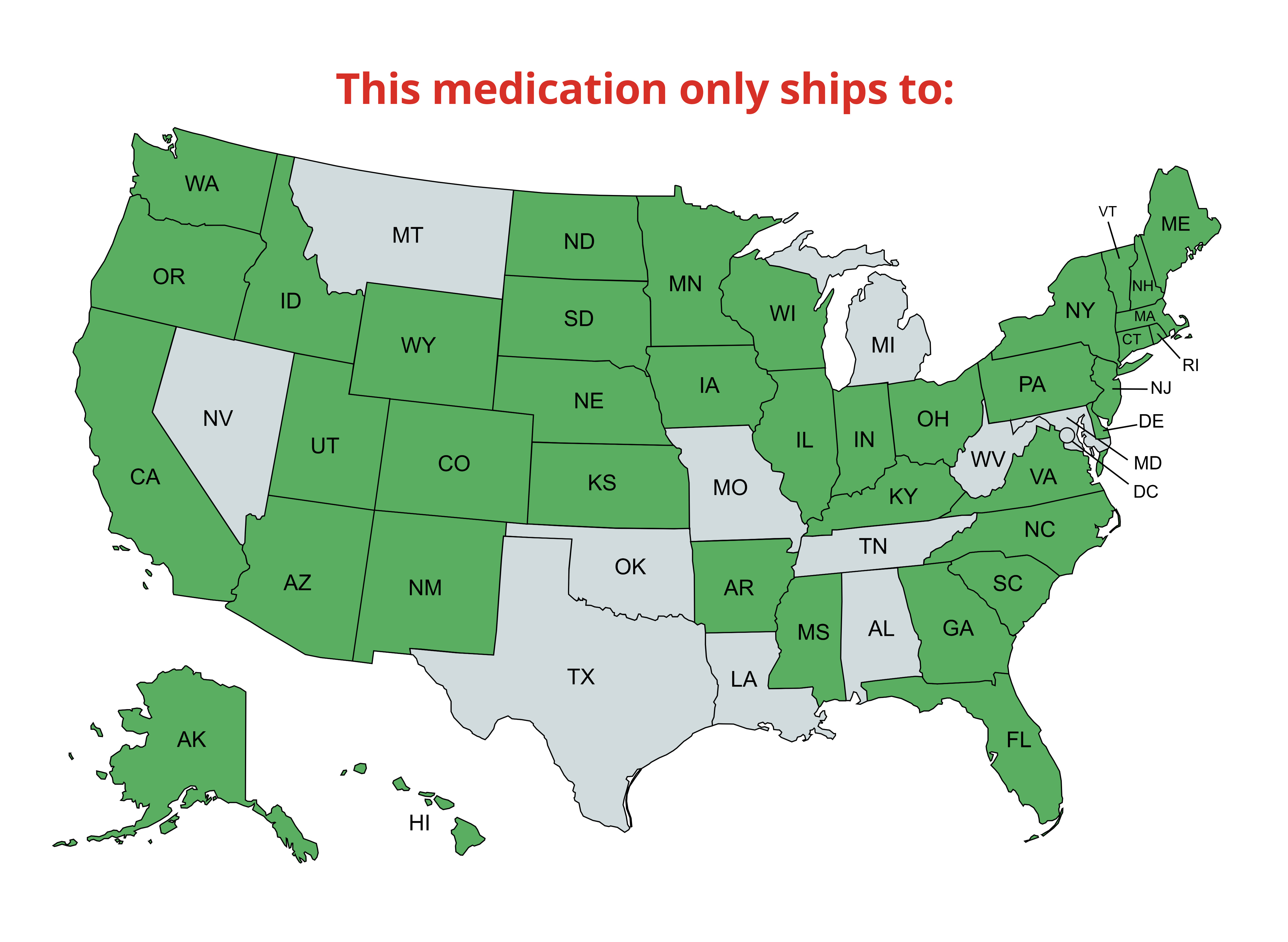

OstiFen (Carprofen) Caplets for Dogs
VetOne OstiFen Carprofen is the generic version of a widely prescribed NSAID for dogs. It holds an unparalleled reputation for safety and effectiveness. This medication provides economical relief for canine osteoarthritis (OA) pain.
Carprofen caplets continue to be veterinarians' first selection. It relieves OA pain and inflammation. Moreover, its use extends to controlling postoperative pain. This pain is associated with soft tissue and orthopedic surgeries within dogs.
- For dogs of various sizes
- Halts the production of specific enzymes. This enzyme is associated with inflammation.
- Best administered with nourishment. However, the palatability is acceptable even without it.
- Designed with scores for exact dosing.
Prescription items are NON-RETURNABLE and NON-REFUNDABLE.
Please note product may arrive in a Hardy Paw Pharmacy vial, manufacturer packaging is shown for reference.
Dosage and Administration
Always provide Client Information Sheet with prescription. Carefully consider the potential benefits and risks of OSTIFEN and other treatment options before deciding to use OSTIFEN. Use the lowest effective dose for the shortest duration consistent with individual response.
The recommended dosage for oral administration to dogs is 2 mg/lb (4.4 mg/kg) of body weight daily. The total daily dose may be administered as 2 mg/lb of body weight once daily or divided and administered as 1 mg/lb (2.2 mg/kg) twice daily. To control postoperative pain, administer approximately 2 hours before the procedure. Caplets are scored and dosage should be calculated in half-caplet increments.
Contraindications:
Carprofen should not be used in dogs exhibiting previous hypersensitivity to carprofen.
Precautions:
As a class, cyclooxygenase-inhibitory NSAIDs may be associated with gastrointestinal, renal, and hepatic toxicity. Effects may result from decreased prostaglandin production and inhibition of the cyclooxygenase, which is responsible for the formation of prostaglandins from arachidonic acid.11-14 When NSAIDs inhibit prostaglandins that cause inflammation they may also inhibit those prostaglandins which maintain normal homeostatic function.
These anti-prostaglandin effects may result in clinically significant disease in patients with underlying or pre-existing disease more often than in healthy patients.12,14 NSAID therapy could unmask occult disease which has previously been undiagnosed due to the absence of apparent clinical signs. Patients with underlying renal disease, for example, may experience exacerbation or decompensation of their renal disease while on NSAID therapy.11-14 The use of parenteral fluids during surgery should be considered to reduce the potential risk of renal complications when using NSAIDs perioperatively.
Carprofen is an NSAID, and as with others in that class, adverse reactions may occur with its use. The most frequently reported effects have been gastrointestinal signs. Events involving suspected renal, hematologic, neurologic, dermatologic, and hepatic effects have also been reported.
Patients at greatest risk for renal toxicity are those who are dehydrated, on concomitant diuretic therapy, or those with renal, cardiovascular, and hepatic dysfunction. Concurrent administration of potentially nephrotoxic drugs should be approached cautiously, with appropriate monitoring.
Concomitant use of carprofen with other anti-inflammatory drugs, such as other NSAIDs or corticosteroids, should be avoided because of the potential increase of adverse reactions, including gastrointestinal ulcerations and perforations. Sensitivity to drug-associated adverse reactions varies with the individual patient. Dogs that have experienced adverse reactions from one NSAID may experience adverse reactions from another NSAID. Carprofen treatment was not associated with renal toxicity or gastrointestinal ulceration in well-controlled safety studies of up to ten times the dose in healthy dogs.
Ostifen is not recommended in dogs with bleeding disorders (e.g., Von Willebrand's disease), as safety has not been established in dogs with these disorders. The safe use of Ostifen in animals less than 6 weeks of age, pregnant dogs, dogs used for breeding purposes, or in lactating bitches has not been established.
Studies to determine the activity of carprofen when administered concomitantly with other protein-bound or similarly metabolized drugs have not been conducted. Drug compatibility should be monitored closely in patients requiring additional therapy. Such drugs commonly used include cardiac, anticonvulsant, and behavioral medications. It has been suggested that carprofen treatment may reduce the inhalant anesthetics needed.
If additional pain medication is warranted after administration of the total daily dose of Ostifen, alternative analgesia should be considered. The use of another NSAID is not recommended. Consider appropriate washout times when switching from one NSAID to another or when switching from corticosteroid use to NSAID use.
Storage:
Store at 59° to 86°F (15° to 30°C). Use half-caplet within 30 days.
FAQ
- What is the reason behind dogs taking OstiFen Carprofen Caplets?
- Prescription Carprofen is a reliable and efficient drug for alleviating pain and inflammation in canines.
- This medicine, which is a non-steroidal anti-inflammatory (NSAID), is intended to decrease inflammation and discomfort caused by arthritis, surgery, or joint issues.
- Giving your dog Carprofen can improve his quality of life.
- What other information should I be aware of regarding OstiFen Carprofen Caplets?
- Helps decrease pain and swelling caused by arthritis and issues with joints.
- Alleviates pain and inflammation post-surgery.
- Caplets are formulated to make administration easier.
- Caplets lack taste.
- What issues might my dog face when using OstiFen Carprofen Caplets?
- While many dogs handle carprofen without issue, others may experience stomach ulcers, kidney issues, and liver problems. Your vet will frequently examine your dog's blood to monitor for these potential reactions.
- If you observe any side effects like increased appetite, decreased appetite, vomiting, changes in bowel movements, changes in behavior or activity level, incoordination, weakness, seizures, aggression, changes in drinking, changes in urination, or jaundice, get in touch with your vet.
- What is the proper way to utilize OstiFen Carprofen Caplets?
- Carprofen caplets can be administered with or without meals. Administering carprofen alongside meals could help minimize stomach irritation.
- What ingredients are found in OstiFen Carprofen Caplets?
- Carprofen is a drug that reduces inflammation and pain without being a steroid.
Recommended for the OstiFen (Carprofen) Caplets for Dogs 25mg
Product title
Vendor
£19.99 | £24.99
Product title
Vendor
£19.99 | £24.99
Product title
Vendor
£19.99 | £24.99
Product title
Vendor






